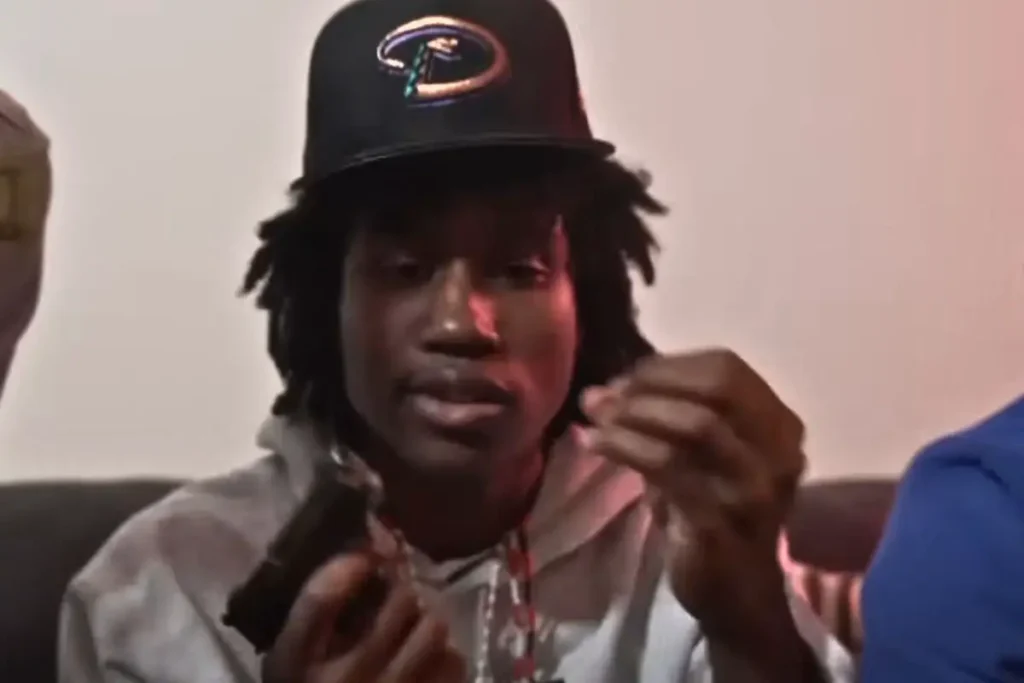
EXCLUSIVE: Rapper Lee Drilly Asks Judge For Mercy, Wants 5 Years Over Drug Charges

Rapper Lee Drilly, facing serious allegations as part of a larger crackdown on the G-Side/Drilly gang, with connections to the Bloods, is asking a judge for mercy.
Arrested in June 2022 along with 19 others, Lee Drilly stands accused of engaging in a massive drug distribution network that spanned several years, trafficking substances such as crack cocaine, heroin, and fentanyl throughout the Bronx.
The operation, as outlined by authorities, was primarily centered in and around 2685 Valentine Avenue, a Bronx apartment building turned drug market.
The gang manufactured significant quantities of crack cocaine within the premises and conducted sales in shifts, effectively establishing an open drug market.
Their operation not only facilitated widespread substance distribution but also compromised the safety and well-being of the building’s residents, including numerous families and children.
Despite these grave accusations, Lee Drilly’s legal defense has mounted a case emphasizing his youth, background, and potential for rehabilitation.
Lee Drilly said he was raised under challenging circumstances in the Bronx by a devoted single mother and amid familial struggles with addiction and poverty.
He turned to music as a possible exit from the cycle of deprivation. Since his dad was a bodyguard for Bad Boy Records’ artists in the 90s, Lee Drilly found solace and ambition in Hip-Hop, carving a niche for himself within the Drill rap scene, as evidenced by his Spotify listenership, YouTube viewership and Instagram following.
“[Lee Drilly’s] involvement in the current case has caused him to reflect on what he wants his music to say,” his lawyer Phillip Hamilton, Esq. said.
“Even if he is still addressing the issues faced by his community, [Lee Drilly] is clear that he does not want to glorify the lifestyle and plans to use his ability to connect with people through music to be clear with his audience what the repercussions are of this lifestyle; repercussions that he is currently living through himself, and which are not often discussed in commercialized hip-hop,” Hamilton added.
His defense portrayed his foray into criminal activities as marked by naïveté rather than malice, influenced by his brother and a misguided pursuit of credibility within his music career.
Lee Drilly’s involvement in the operation is described as a minor role, limited to a solitary documented transaction without any direct engagement in violent acts or firearm possession.
His legal team is also optimistic about reaching a plea agreement related to a manslaughter charge after the gang shot a rival to death during a shootout.
Lee Drilly is asking for five years instead of a potentially much longer term.

